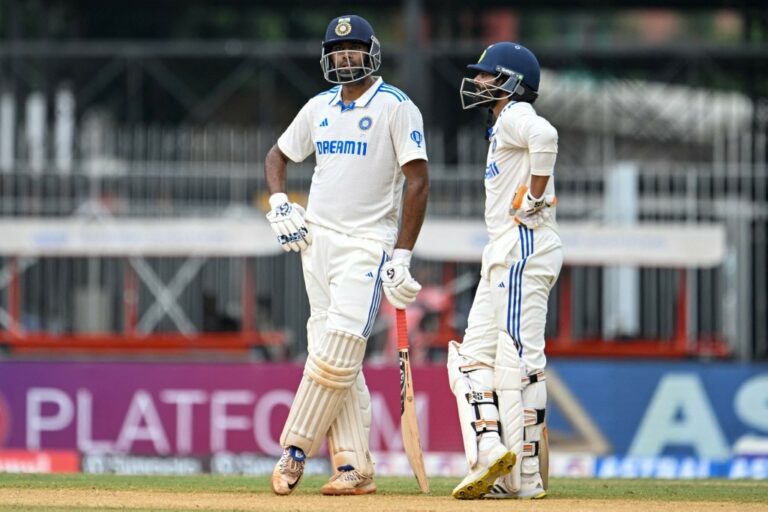The Role of Cricket in Promoting Lifelong Learning: 99exch, Reddy Anna Book, Allpanel
99exch, Reddy Anna Book, All Panel.com, Allpanel: Cricket has a rich and storied history that dates back centuries, with roots tracing back to 16th-century England. Originally a leisurely pastime for the elite, it quickly gained popularity and became a common recreational activity for people from all walks of life. The sport evolved over time, leading to the establishment of formal rules and regulations that continue to shape the game as we know it today.
As cricket spread across the British Empire, it became a tool for cultural exchange and a symbol of colonial influence. The sport played a significant role in fostering camaraderie among diverse communities and bridging social divides. Its global appeal helped establish connections between people from different backgrounds, contributing to a sense of unity and shared identity through the love of the game.
The Cognitive Benefits of Playing Cricket
Playing cricket offers numerous cognitive benefits to individuals of all ages. When engaging in this sport, players are required to strategize their moves, analyze the game situation, and make quick decisions. These activities help in improving cognitive functions such as problem-solving skills, decision-making abilities, and critical thinking.
Additionally, cricket involves a high level of hand-eye coordination, concentration, and focus. Players need to be attentive to the ball, anticipate its movement, and respond swiftly. Through regular practice and participation in cricket matches, individuals can enhance their reflexes, spatial awareness, and overall cognitive performance.
Cricket as a Tool for Social Development
Cricket serves as a powerful tool for social development in numerous communities around the world. Its ability to bring people from diverse backgrounds together on a common platform fosters unity and a sense of belonging. Through the shared passion for the game, individuals have the opportunity to connect, collaborate, and build relationships that transcend social barriers.
Furthermore, cricket promotes teamwork, communication, and leadership skills, essential components for fostering social development. As players work together towards a common goal on the field, they learn the value of cooperation and effective communication. These skills are not only crucial for success in cricket but also translate into valuable life lessons that can empower individuals to contribute positively to their communities.







